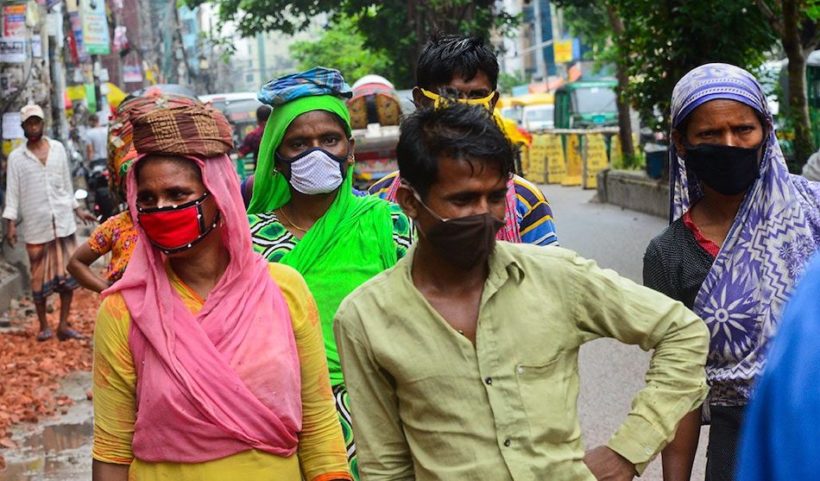The global march towards full equality of women with men, already facing a 99-year wait, may now take 136 years in the wake of covid-19, a forum preceding the opening of the UNCTAD conference in this Barbadian capital noted.
“When it comes to gender equality, we are not talking about a lost decade. We are talking about almost four,” said Rebeca Grynspan, secretary general of the United Nations Conference on Trade and Development (UNCTAD), which opened its 15th ministerial conference on Monday.
One example of the different impact of the pandemic is that women’s employment worldwide fell 4.2 percent in 2020, compared to three percent for men, as a result of women being employed more in sectors devastated by the restrictions of the virus, such as tourism.
The World Economic Forum’s 2021 Gender Gap Report, which meets annually in Davos, Switzerland and projected the century-long wait to reach gender parity at the current pace, put the gender gap in political empowerment at the top of the list.
In the 156 countries covered by the Davos Forum index, women represent only 26.1 percent of some 35,500 seats in parliaments, and only 22.6 percent of more than 3,400 ministers worldwide.
“When it comes to gender equality, we are not talking about a lost decade. We are talking about almost four”: Rebeca Grynspan.
As of 15 January 2021, 81 countries have never had a female head of state, and that forum estimated that it will take 145 years to achieve gender parity in politics.
The gender gap in economic participation and opportunity has shown marginal improvements, but according to the Davos index it may still take 267 years to close.
This is because the proportion of women among skilled professionals is increasing, as is progress towards wage equality, albeit slow, but overall income disparities and the lack of women in leadership positions remain, with only 27 per cent of managerial positions held by women.
The Barbados meeting reviewed the role of free trade, which has created new opportunities for some women but marginalised others, such as rural women, who are often unable to compete with imported products, especially in areas that benefit from subsidies.
UNCTAD Deputy Secretary Isabelle Durant cited the examples of two trade and regional agreements, the Southern Common Market (Argentina, Brazil, Paraguay and Uruguay), and the East African Community (Burundi, Kenya, Rwanda, South Sudan, Tanzania and Uganda).
In these agreements “the jobs they have made available to women are mainly in simple tasks that do not include managerial or supervisory responsibilities. They are not empowering jobs,” Durant said.
Finnish Trade and Development Minister Ville Skinnari said that “including gender considerations or references to core labour standards in trade agreements is an important step towards establishing a fairer and more inclusive playing field”.
Grynspan insisted that “the ultimate goal should not just be to have more women involved in trade, but to ensure that they are involved on fair terms and that countries have policies at the national level to make this happen”.
She also argued that “unless we address the inequalities between men and women, the pursuit of the SDGs is not possible”, referring to the 17 Sustainable Development Goals set in 2015 by the UN General Assembly to be achieved by 2030.
At least 53 of the 251 SDG indicators make direct reference to gender equality. However, women do not occupy the positions they should at the decision-making tables of post-covenant recovery, according to participants at the Bridgetown forum.
For example, of the 225 working groups created to design and implement covid salvage programmes for which data is available, women represent less than a quarter of the members and are not represented at all in 12 percent of those task forces.
“It must be very clear to all of us that the current recovery is insufficient and unsatisfactory both for society in general and for women in particular,” Grynspan concluded.










